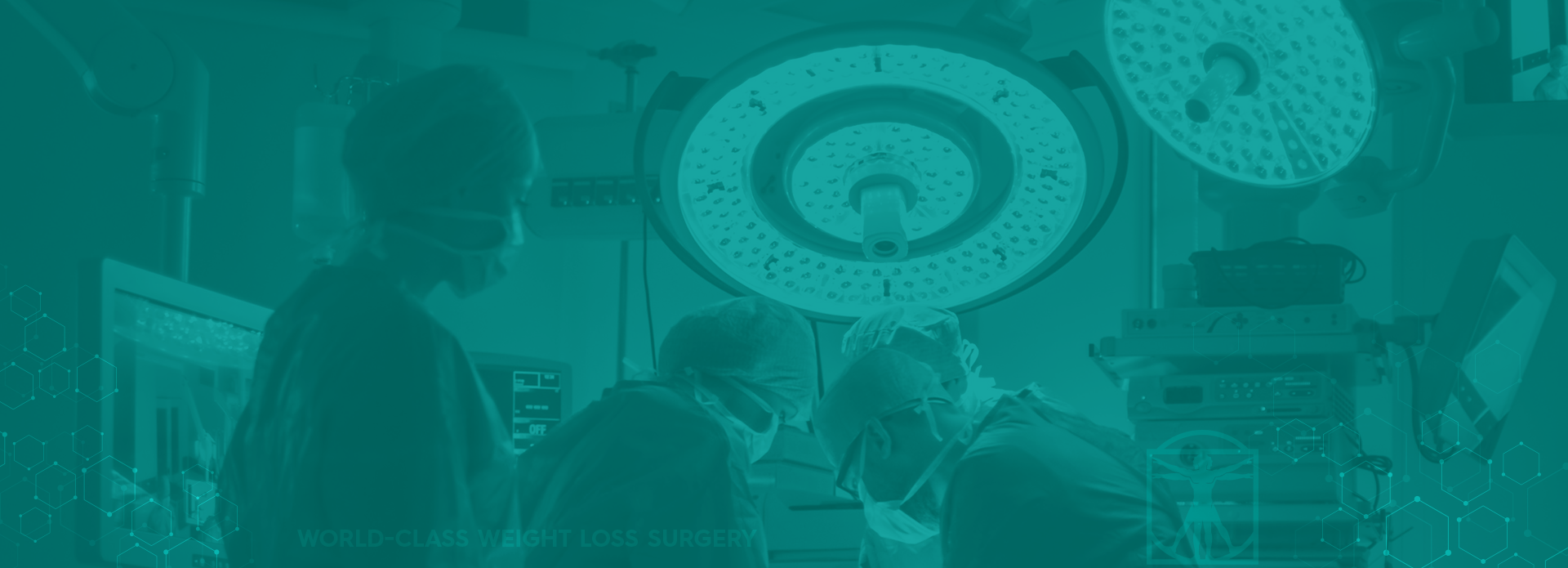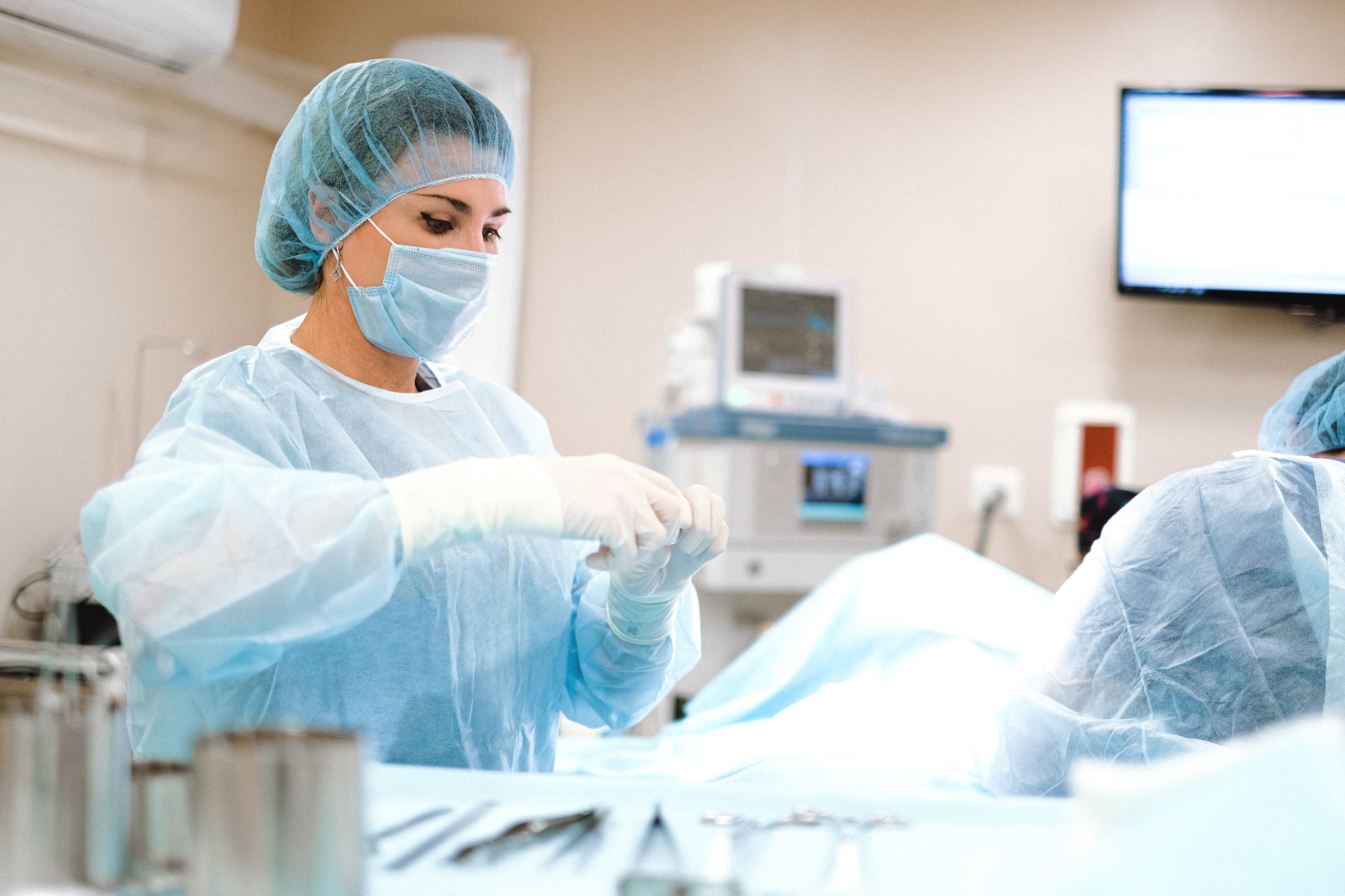
Pros and Cons of Having Weight Loss Surgery
Are you a person who has tried repeatedly to lose weight but has never been successful? Or maybe you’ve lost weight many times but are unable to keep it off. If this describes you, are you thinking about having weight loss surgery? There are good reasons on both sides of the question of whether or not to have weight loss surgery. But before going ahead with it, it’s important to find out if you are a good candidate for this surgery. There are several different kinds of weight loss surgery available.
Gastric Bypass Surgery
This surgery is the one that most people undergo. Sometimes it is called RYGB Surgery. After you have it, you will be left with only a small pouch for your stomach. This pouch cannot hold very much food so you will not want to eat as much. The food you eat will bypass most of your stomach and go directly into your small intestine. This surgery is less intrusive than the other weight loss surgeries because it is microsurgery where several small incisions are made in your abdomen and then a camera guides the surgeon through the operation. Your abdomen is never actually opened up.
Adjustable Gastric Band
If you have this surgery, the surgeon will fit a band around the top of your stomach. This band contains a small balloon that can be made tighter or looser. It limits the amount of food that goes into your stomach so you will lose weight.
Gastric Sleeve
With this weight loss surgery, your surgeon will remove most of your stomach leaving only a small section. This section is a gastric sleeve and is located in the upper area of your stomach. It is designed to help curb the hunger hormone from making you eat too much food.
Duodenal Switch
Arguably, this surgery is the most complicated weight loss surgery. It creates a gastric sleeve out of your stomach to actually bypass your small intestine and, like the surgeries above, limits how much food you can eat. This is a very serious choice because most of the nutrients from the food you eat are absorbed through the small intestine and you won’t have that advantage. If you have this weight loss surgery, be sure to watch for vitamin deficiencies.
Electrical Implant
An electrical implant is similar to a pacemaker. This device delivers electrical pulses to your vagus nerve which is located between your stomach and your brain. The function of this nerve is to alert your brain when your stomach is full.
Benefits of Weight Loss Surgery
First, it is important to remember that the only way to have long-term success with surgery is to eat a healthy, balanced diet.
After the surgery, most of your weight loss will happen in the first 24 months. After that time, some people will regain some of the weight but many people will be able to keep the weight off.
Besides helping reduce obesity, surgery often improves high blood pressure and type 2 diabetes.
If you are someone who has struggled to keep weight off for your whole life, have repeatedly lost weight only to regain it, weight loss surgery can be effective in helping you reach your best, healthiest weight and keep it off.
Risks of Weight Loss Surgery
First, this surgery carries all the risks that are normally involved in having any kind of surgery such as problems with the anesthetic, post-surgery infections or blood clotting.
With weight loss surgery, you will also face several additional complications such as bloating, nausea, vomiting, diarrhea, excessive sweating, dizziness and increased gas when you eat too much. Of course, your doctor will explain all of these complications in detail.
If you think weight loss surgery will benefit you then make an appointment with your doctor to determine what you will need to do to qualify for the surgery and to begin the process. For some people, weight loss surgery can be the answer to a lifelong problem. If you do decide to have the surgery, it could be the best thing you ever did for yourself.








